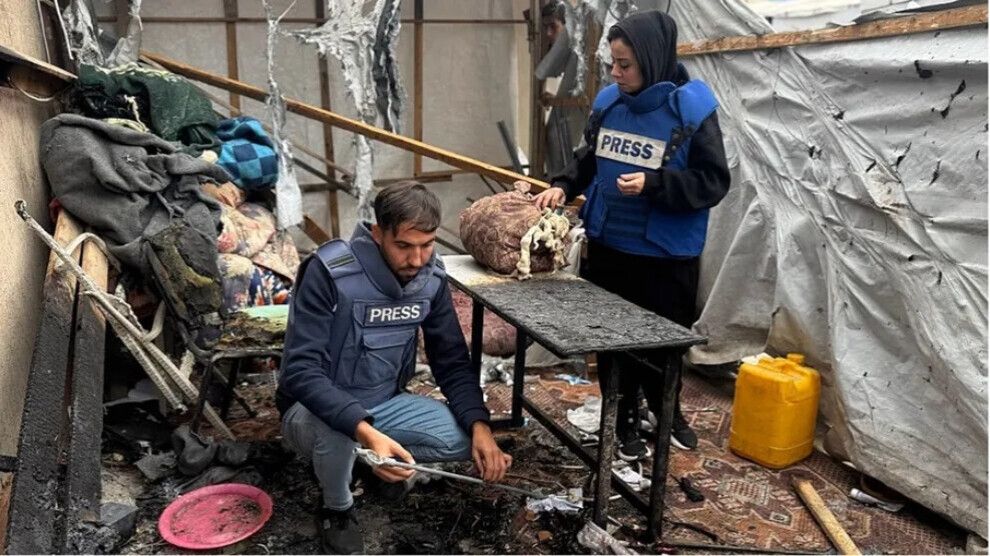Five decades on, press freedom declines in 43 countries worldwide
A new benchmark report by the International IDEA institute reveals an unprecedented global decline in press freedom over the past 50 years.

News Center - The report covered 43 countries, including 30 in Africa and Europe, attributing the decline to strict government interventions, the spread of disinformation, and the absence of independent local media.
he Stockholm-based International IDEA research center released its latest Global State of Democracy report on Thursday, September 11, revealing an unprecedented decline in press freedom over the past five decades—falling to its lowest level in years, in a worrying sign of fragile media freedoms and democratic backsliding.
The center stressed that more than half the world—54%—experienced setbacks between 2019 and 2024 across five key democratic indicators, with press freedom showing the sharpest decline.
The report noted that the decline spanned 43 countries across various continents, including 30 in Africa and Europe, driven by a combination of strong government interference, disinformation, and the absence of local media supporting democratic debate.
It highlighted Afghanistan, Burkina Faso, and Myanmar among the states experiencing the steepest declines in democratic indicators, particularly press freedom. South Korea also registered a notable drop, linked to defamation trials and raids on journalists’ homes.
The center expressed concern over developments surrounding this year’s U.S. elections, warning of their potential impact on the global democratic landscape. It further noted that Israeli forces continue directly targeting media outlets and journalists covering the ongoing war with Hamas.
While the report documented widespread backsliding, it omitted direct press freedom violations in Turkey, which continues cracking down on independent media both domestically and abroad, including in Syria. Authorities have shut down media outlets, carried out arbitrary arrests, prosecuted journalists on “terrorism” charges, and subjected outlets to surveillance and intimidation—forcing many journalists into exile in search of safety.
International organizations such as Reporters Without Borders and Human Rights Watch have condemned these violations, while the United Nations voiced deep concern, urging respect for journalists’ rights and protection of their safety.
